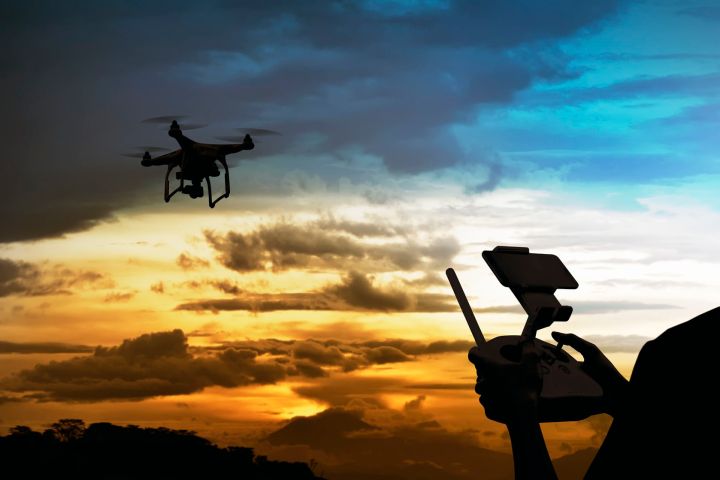
Remotely controlled copters were a big hit with consumers over the holiday season, so there are now thousands of new drones buzzing in the skies over the U.S.
In a bid to curb irresponsible flights in New Jersey, state assembly lawmakers recently voted 65-0 to make it a criminal offense to fly a drone under the influence of drink or drugs. And Chris Christie, on his last day as New Jersey governor, signed it into law.
The law means that flying a drone “under the influence of intoxicating liquor, a narcotic, hallucinogenic, or habit-producing drug or with a blood alcohol concentration of 0.08 percent or more by weight of alcohol” could land the pilot a six-month prison sentence, a $1,000 fine, or both, depending on the specifics of the incident.
It’s been reported that as many as 38 other U.S. states are considering imposing a similar ban.
One of those who helped drive the New Jersey bill forward, Democratic Assemblywoman Annette Quijano, said in a statement recently that drones are becoming “increasingly disruptive, causing near-misses with airplanes, interfering with firefighter operations, and being used to smuggle drugs and other contraband into prisons.”
Quijano added, “This bill sets specific guidelines for how New Jersey’s residents are able to utilize these devices to establish some order and help prevent these dangerous situations.”
Interfering with firefighters or the security of prisons, considered a more serious offense than drunk droning, could result in an 18-month jail sentence or a $10,000 fine.
We don’t hear too many stories of inebriated drone pilots taking their bird for a spin, though you might recall a high-profile incident at the White House in 2015. According to reports, an off-duty and rather drunk government intelligence agency worker decided that 3 a.m. would be a good time to fly a Phantom 4 quadcopter from the balcony of a friend’s apartment. But unable to control the machine, it crashed right on the lawn of the White House, causing a security scare in the process.
Updated with details of Chris Christie signing the legislation into law in January 2018.


